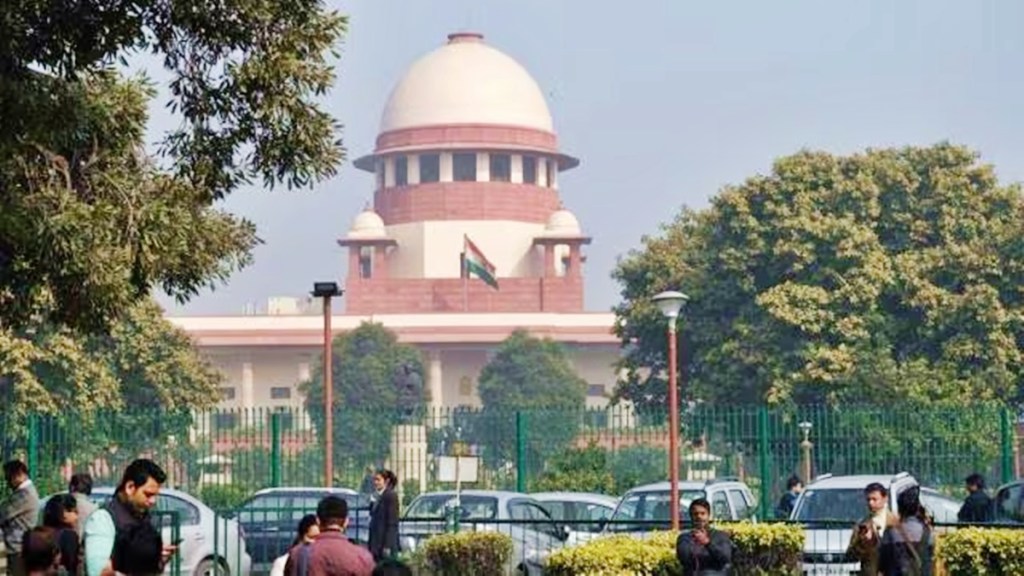The Supreme Court is set to announce its judgment on Thursday regarding a series of petitions challenging the validity of the electoral bonds scheme.
Chief Justice of India (CJI) DY Chandrachud led the five-judge Constitution bench that reserved its judgment on November 2 last year. The electoral bonds scheme, notified by the government on January 2, 2018, aimed to provide an alternative to cash donations to political parties, to enhance transparency in political funding.
Also Read:Tamil Nadu Assembly adopts resolution against ‘One Nation, One Election’
As per the scheme’s provisions, any Indian citizen or entity established in the country can purchase electoral bonds, either individually or jointly with others. Only political parties registered under Section 29A of the Representation of the People Act, 1951, and securing at least 1 per cent of the votes in the last Lok Sabha or state legislative assembly elections are eligible to receive these bonds.
Electoral bonds can only be encashed by eligible political parties through an authorized bank account, as stated in the notification.
Also Read:Lok Sabha Election 2024 date: ECI to announce full schedule on THIS day?
In April 2019, the top court refrained from suspending the electoral bonds scheme, explicitly stating its intention to conduct a comprehensive hearing on the petitions. This decision was influenced by the significant concerns raised by the Center and the Election Commission citing the substantial impact these issues could have on the integrity of the electoral process in the country.
The Constitution bench, consisting of Justices Sanjiv Khanna, B R Gavai, J B Pardiwala, and Manoj Misra, began hearing arguments on October 31 last year from various parties, including Congress leader Jaya Thakur, the Communist Party of India (Marxist), and the NGO Association for Democratic Reforms (ADR).
Also Read:Farmers Protest 2024: Rahul Gandhi promises MSP law that UPA junked in 2010, Congress clarifies
What is an electoral bond?
Electoral bonds in India serve as a financial tool introduced by the government to facilitate political donations. Purchasable from authorised banks, these bonds can be donated to eligible political parties. The idea is to make political funding more open and less reliant on untraceable cash.
The banks know who buys these bonds, but the political parties don’t know who specifically gave them the bonds. Some people like this idea of transparency, but others don’t think it’s the best way to handle political funding.


